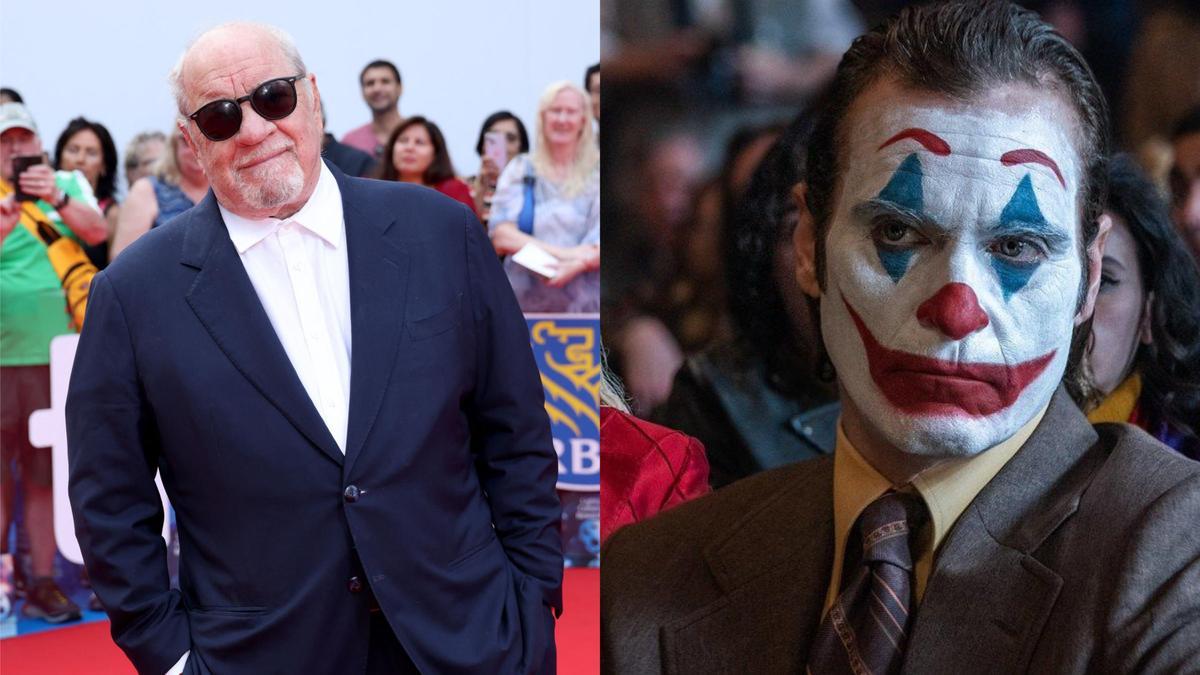
Renowned Hollywood writer-director Paul Schrader, known for his work on iconic films like “Taxi Driver,” recently expressed his disappointment with the much-anticipated sequel, “Joker: Folie à Deux.” The sequel, starring Academy Award-winner Joaquin Phoenix alongside pop sensation Lady Gaga, has been helmed by Todd Phillips. Despite the high expectations set by the success of its predecessor, Schrader’s criticisms and the film’s disappointing performance at the box office have drawn significant attention.
The seasoned filmmaker found himself unable to endure “Joker: Folie à Deux” for more than a short span, conceding that he couldn’t watch the film for more than 20 minutes. This comes as a surprise given Schrader’s indirect link to the “Joker” universe, considering that his screenplay for “Taxi Driver” reportedly served as an inspiration for the original 2019 film. Discussing his experience, Schrader said he attended a screening and managed to watch only 10 to 15 minutes before he felt compelled to take a break. “I left, bought something, came back, saw another 10 minutes. That was enough,” he shared with Interview magazine’s Jeremy O Harris.
Throughout his career, Schrader has never shied away from expressing his candid opinions on cinema. When questioned by Harris about what made “Joker: Folie à Deux” so disappointing, Schrader didn’t hold back. He remarked that he wasn’t fond of the film’s lead characters or the actors portraying them, stating, “I don’t like either of those people. I don’t like them as actors. I don’t like them as characters. I don’t like the whole thing.” For Schrader, it seemed to be a fundamental disconnect with the film’s core elements that made it unappealing to him.
Harris, who proclaimed his love for musicals during their conversation, might have expected a different reaction from Schrader.
. However, Schrader’s blunt assessment was, “It’s a really bad musical.” This critique was unexpected from someone whose work inspired parts of the original film, which went on to earn global recognition. The first “Joker” film achieved massive box-office success, grossing over USD 1 billion and winning Joaquin Phoenix an Academy Award for Best Actor.
The sequel’s struggle to replicate that success has been evident. Despite the massive fanfare around its production and its high-profile cast, “Joker: Folie à Deux” opened to a disappointing USD 37 million at the box office. Early reviews were mostly negative, and the movie’s premiere at the Venice Film Festival did not help turn the tide of opinion in its favor. According to Variety, the film might face losses between USD 150 million to USD 200 million, a stark contrast to the financial triumph of its predecessor.
The anticipation for “Joker: Folie à Deux” had been driven largely by the groundbreaking impact of the first film. With Phoenix’s performance hailed as transformative and the film’s dark, gritty narrative tapping into cultural anxieties, many were eager to see how the sequel would expand on this success. However, it seems the tonal shift towards musical elements, combined with the polarizing reception of its stars, has not resonated with audiences or critics alike.
The film industry had closely watched how Phillips would follow up on the acclaim garnered by the first installment. Introducing a musical component and Lady Gaga as a co-lead was a bold choice, one that aimed to infuse the narrative with a fresh dynamic and broaden the story’s emotional range. Yet, for Schrader and many others, these changes failed to capture the essence that made the first “Joker” film so compelling.
As “Joker: Folie à Deux” faces its challenges, Schrader’s comments form part of a broader dialogue on the evolution of movie sequels and the risk of deviating from successful elements in pursuit of innovation. With both critiques and suggestions pouring in from all corners of the cinematic landscape, the film’s reception serves as a reminder of the unpredictable nature of filmmaking and the subjective experience of cinema.
Published: October 16, 2024, 05:02 pm IST
Indian Cinema / Hindi Cinema












